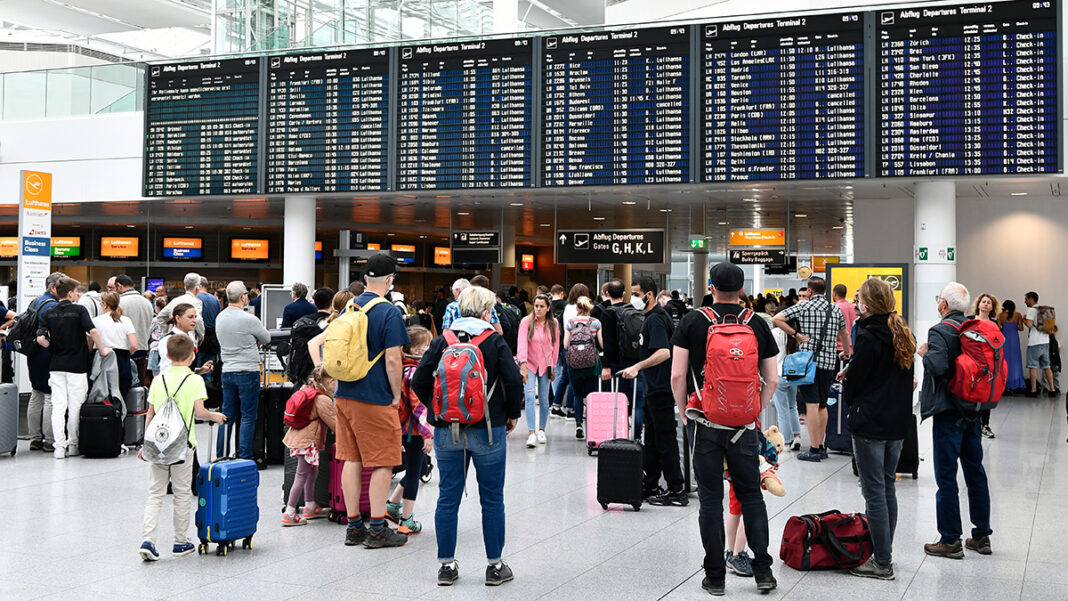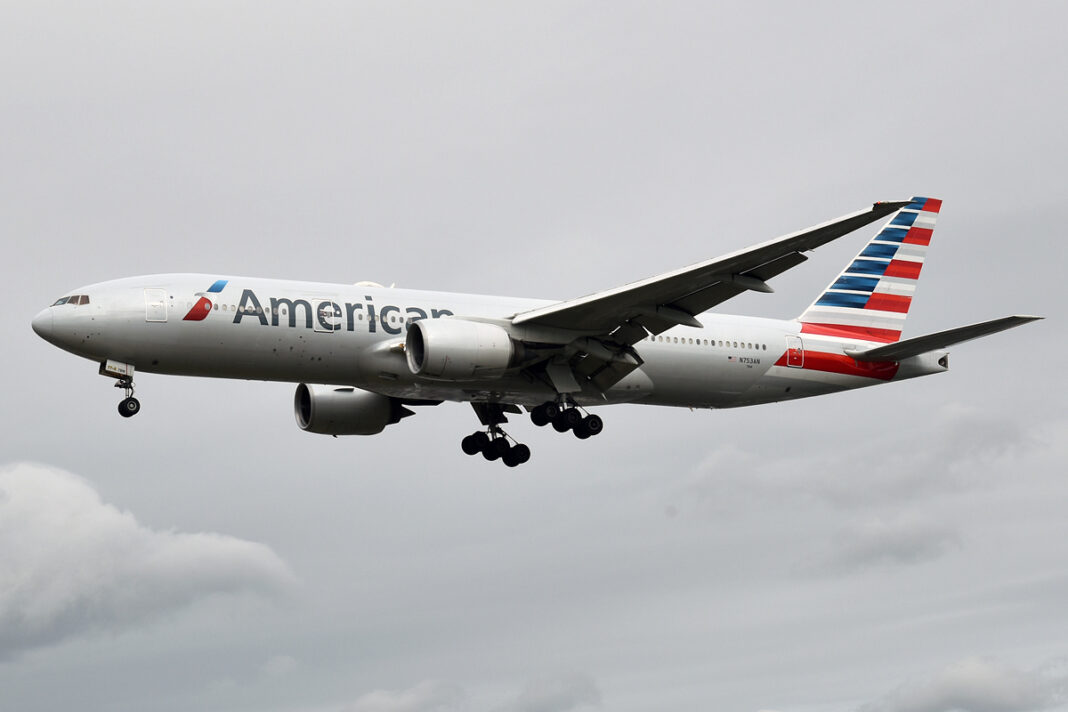The European Union yesterday reached a major political agreement on the proposal known as «ReFuelEU Aviation» to advance the decarbonisation of the aviation sector by promoting sustainable aviation fuel (SAF).
From 2025 onwards, carriers will have to incorporate increasing percentages of sustainable fuels in their operations.
The agreement must now be formally adopted by the European Parliament and the European Council. Once this process is completed, the new legislation will be published in the Official Journal of the European Union and will enter into force with immediate effect.
See also: Norwegian partners with Norsk e-Fuel to build a SAF production plant in Norway
European Union promotes the use of SAF in aviation
According to the European Commission, which holds executive power in the community, the measure is expected to help reduce carbon dioxide emissions from aviation by approximately two-thirds by 2050.
Sustainable aviation fuels can significantly reduce emissions associated with aviation operations. However, their production and use is still in its infancy and their costs are high compared to conventional fuel.
In this respect, European authorities aim to boost the supply and demand of alternative options to achieve their decarbonisation targets. As part of the European Green Deal, the union must reduce transport emissions by 90% by mid-century, compared to 1990 levels, to achieve its targets.
Over the past ten years, and with the exception of months of near zero activity as a result of the pandemic, aviation emissions have increased by an average of 5% year-on-year. This is projected to continue unless concrete measures are implemented.
????#ReFuelEU Aviation rules to cut ✈️ CO2 emissions by 2/3 by 2050:
????fuel producers to supply increasing share of #SAFs
????airlines to fuel with SAF at EU airports
????airports to provide access to fuelling infrastructure➟https://t.co/Lr49qNz0yh#MobilityStrategy #EUGreenDeal pic.twitter.com/Xu2hwsGbEQ
— EU Transport (@Transport_EU) April 26, 2023
The new regulations
First, the new regulations require aviation fuel suppliers to provide a minimum quota of SAF at airports in the European Union. This will initially be 2%, but will be increased to 70% by 2050.
The new fuel mix will also have to contain a minimum proportion of the latest, less polluting synthetic fuels, which will grow over time.
In addition, aircraft operators departing from European Union airports will be required to refuel only as much fuel as is necessary for the completion of their flight. This measure aims to avoid additional emissions related to the extra weight of aircraft or other operating conditions.
For their part, airports will have to ensure that the necessary refuelling infrastructure is available and suitable for the distribution of SAF.
Finally, from 2025, a label will be in place to assess the impact of each flight. Carriers will have to indicate the carbon footprint per passenger and carbon dioxide emissions per kilometre so that customers can access this information and compare the performance of each operator.






